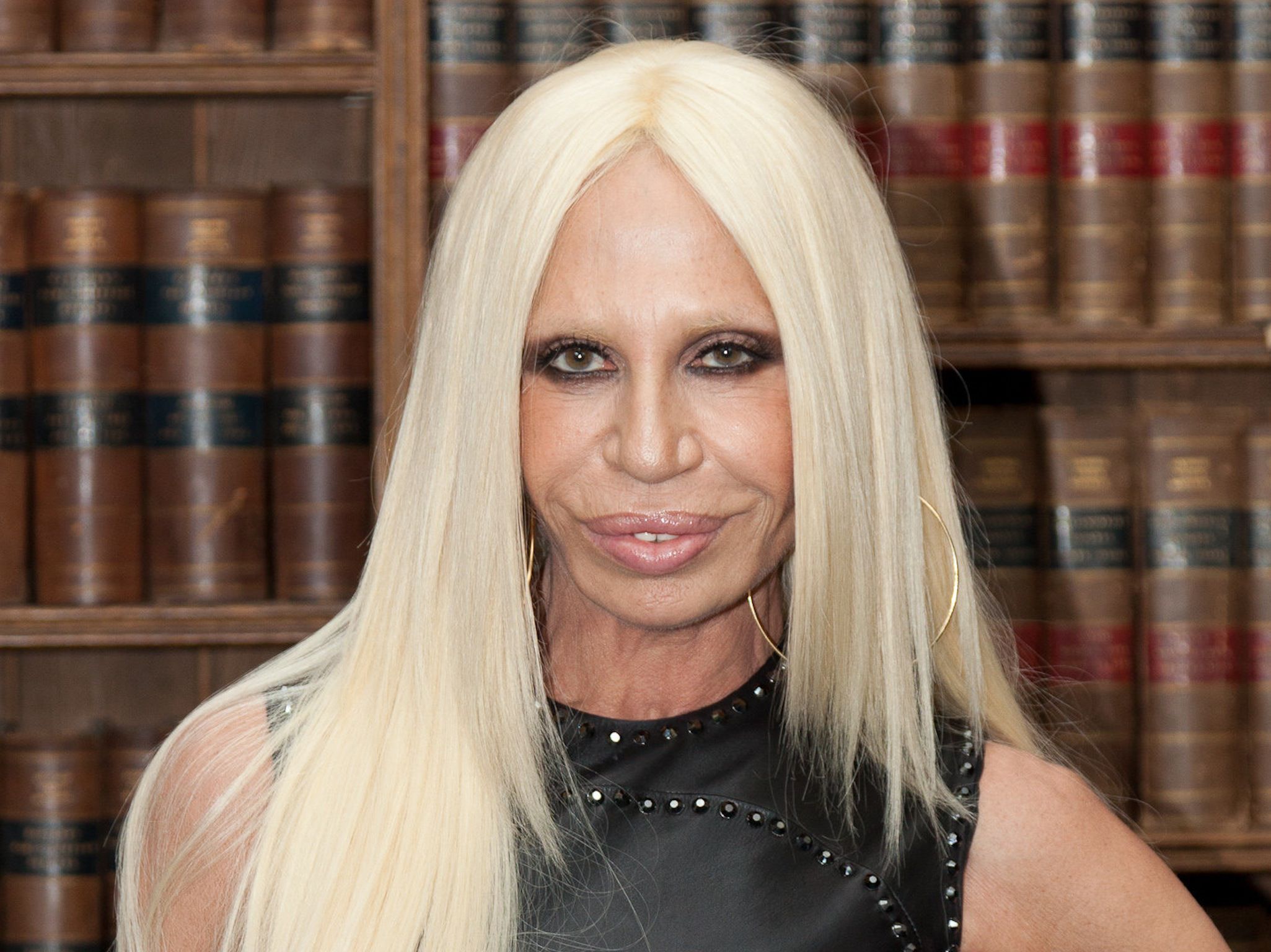Vegetarianism: A Cost-Effective Alternative

Recently, an advisory panel recommended to the government that agriculture’s environmental cost be considered in nutrition policies and meat intake be limited. However, two separate federal agencies have since decided to ignore this advice and have deemed that sustainability is not an issue worth considering when determining what constitutes a healthy dietary regime. While this is undoubtedly a setback for those of us concerned about the environment, there are other ways of popularizing a plant-based, meatless diet.
The cost of being a vegetarian
Instead of discussing the impact of livestock farming on climate change, how about discussing how much cheaper people’s grocery bills would be if they went meat-free? According to one new article published in the Journal of Hunger & Environmental Nutrition, a vegetarian diet is significantly cheaper than the omnivore option.
The study asserts that by switching to a diet based on plants and in which olive oil, not animal protein, is the source of healthy fat, shoppers could save close to $750 each year. (Average spending was calculated based on the federal nutrition guidelines promulgated by MyPlate to cater to a diet of 2,000 calories a day.) In fact, a meat-free diet was found to be both cheaper and healthier by providing a greater amount of vegetables, whole grains and fruits, considered central to good health.
Proteins
While both diets satisfied basic nutritional standards, one difference identified between a meat-free and meat-inclusive diet is that a plant-based diet provides 60 grams of protein, markedly lower than the MyPlate plan for meals at 96 grams. Yet, while there is currently a trend for adding extra protein to every meal, research comprehensively shows that we don’t need more proteins.
A MyPlate weekly meal plan will cost consumers $53.11, over a fifth of which will be spent on meat-based products. If you are concerned about animal welfare or meat production processes and choose to buy antibiotic-free or free-range meat, this figure will increase. Of course, if you buy organic products, a plant-based diet will also be more expensive.
Financial barriers
On the other hand, the article is less concerned with high-end consumption than with examining the financial barriers to a vegetarian diet, which were found to be low. The authors argue that, although a healthy diet is widely considered to be more expensive, this argument simply is not true when a plant-based diet is compared with a diet that includes meat. Cost is thus not a valid argument for not going veggie.







